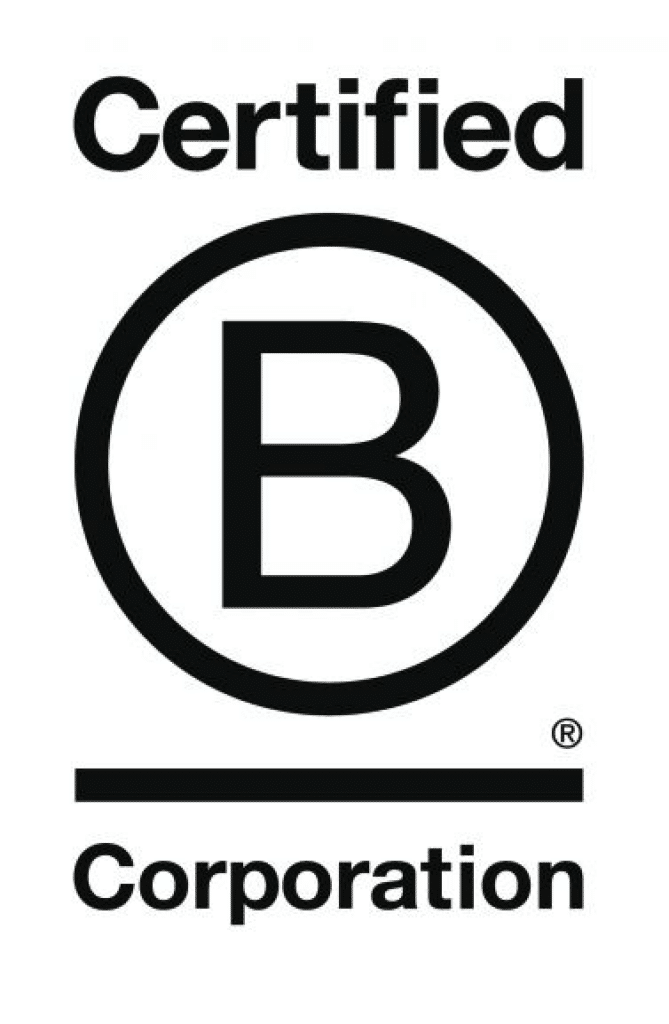Executive Search is a set of processes that are designed to produce a shortlist of suitable and interested candidates so that a client can interview and select the right individual. In particular, these processes involve identifying potential candidates that you do not already know and approaching them in a way that might best engage them in a conversation. The aim is to simultaneously assess their suitability for the position and encourage them to pursue the opportunity.
The key difference between search and any other recruitment methodology is that you are tasked with identifying and then approaching prospective candidates for a specific role, without knowing if they are looking to make a career move. They haven’t applied for your post or registered with a job board, and indeed they have no knowledge of your role or the identity of your client when you first contact them. You similarly have no insight into their mindset with regard to changing employer, or about their salary expectations. You are just looking initially to find the answer to three questions, and looking for three yes answers if you are going to proceed:
- Could they possibly be interested in changing their employer?
- If yes, could ours be the sort of role that they might consider moving for?
- If yes, could they have the mix of skills, knowledge and experience to make them a suitable candidate for the post?
Clearly if the answer to all three of these questions is yes, then you take the conversation to the next level – by sending them a more detailed brief and arranging a deeper conversation, but you are likely to receive no answers more often than yes, and on each occasion, a no represents an end to the conversation. It will be clear that in order to present a shortlist of well qualified and equally well engaged candidates, you have to go through a much larger number of ultimately non-productive conversations – often having to initiate at least ten conversations for each one that bears fruit with regard to a place on your shortlist.
An experienced search consultant will improve their odds at each stage, by:
- Having a thorough briefing with the client, so that they can identify the right sort of candidates at the research stage.
- Research effectively to inform their decision in terms of who to approach first.
- Approaching individuals in a manner that makes it clear that they are being selective (headhunting).
- Identifying the sort of factors that might make a potential role attractive to this individual, and then present the employment opportunity in the best way to suit their audience.
- Creating an assignment brief that is comprehensive and impressive. This is usually the time when they introduce their client, so it is the first opportunity to grab and secure their interest.
- Engage with the individual so that they can position the opportunity and set realistic expectations whilst at the same time evaluating their potential to hit the selection criteria.
Executive search specifically isn’t:
- Placing an advert – at the client or the search firm’s expense
- Searching your data base or job-site lists
- Subcontracting delivery to other agencies
If your chosen search partner do any of these, they are not really searching and their actions are limiting your potential search population, so you shouldn’t pay their full fee.
The main point of executive search is to give your client the widest possible search population, so you literally start each search with a blank spreadsheet and you populate that sheet, initially with a list of target organisations that you might expect to find qualified candidates within, and then with identifying those individuals within each of these firms that are most likely to have the requisite skills and experiences.
Recruitment campaigns that are based on adverts are by definition limited to individuals that are reviewing job adverts or have previously registered on that job board when they applied for a previous role. Recruitment campaigns based on searching either the recruiter’s existing database or job boards that they have license to search are also limited to individuals that have at some point been in contact with that agency or job board. Subcontracting delivery to other agencies suffers from exactly the same flaws in terms of candidate generation in that it will only find candidates that have dealt with those agencies and it is frankly dishonest.
Executive Search by contrast is specifically targeted at individuals on the basis of their current position, or sometimes their previous roles, and the only limitation in terms of who you can speak to is your capacity to approach a stranger and engage them in a professional conversation. Of course some people may well ignore the message that you have to leave or the email that you send to them and in some instances, a decision to stay in a current post is the most reasonable situation, but at least we have an opportunity to start that conversation, and on some occasions our timing will be good and the role that we are presenting will fit their career goals and the candidate that we have approached will have the right qualifications, knowledge and experience to suit our brief.
We still have to discuss further issues with each candidate, such as salary, career prospects and location, but if we can establish a longlist of at least ten candidates, we can review each one and hopefully select a balanced shortlist of different candidates with differing strong points and experiences. We can also set salary expectations that are relevant to each candidate and in doing so, present candidates at both ends of any prospective salary bracket and avoiding the rush to the highest potential salary figure.
If you have any questions about our Executive Search process or would like more information about how we can help you please get in touch with Adrian Hill: adrian.hill@quarsh.com


